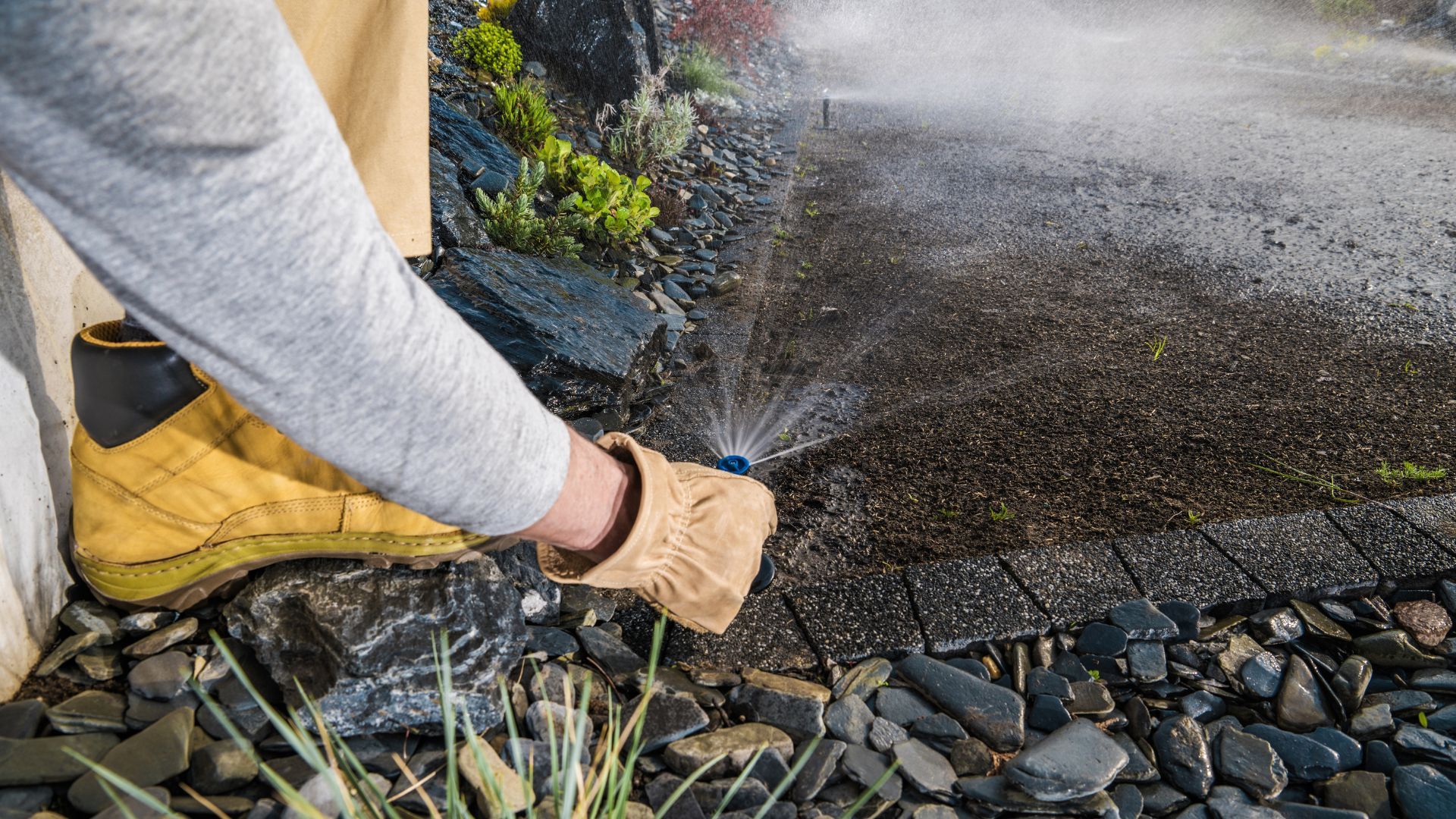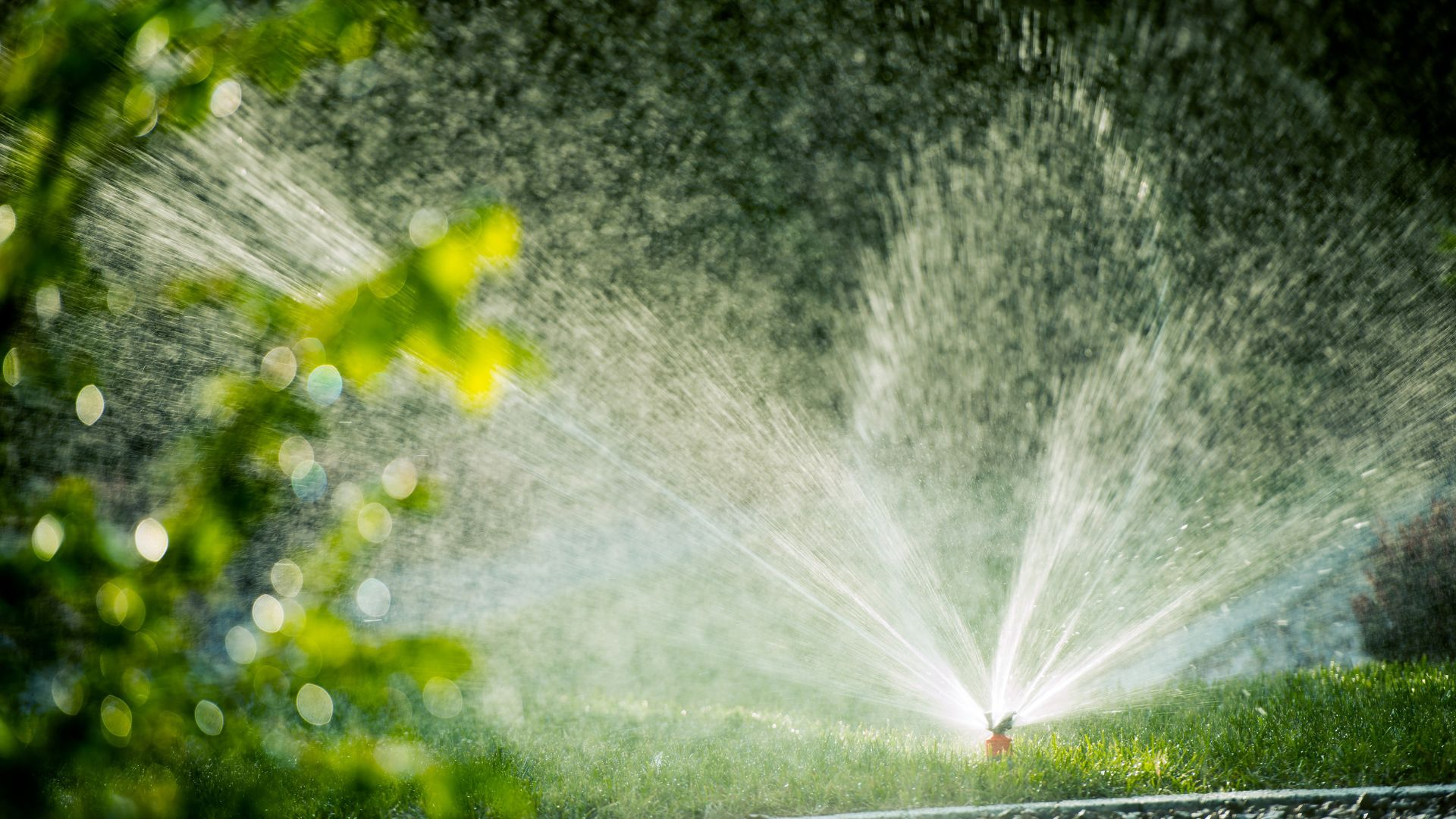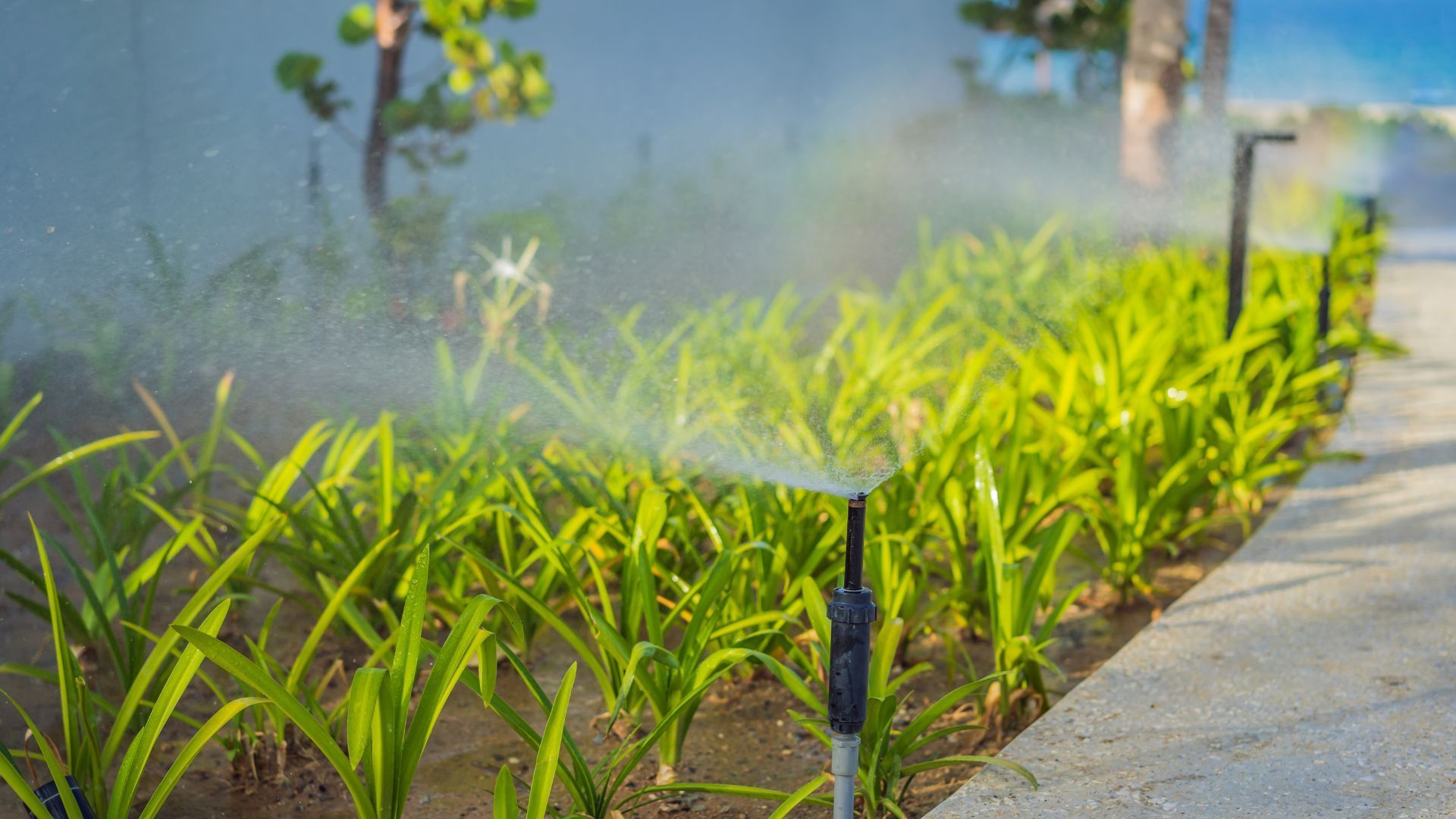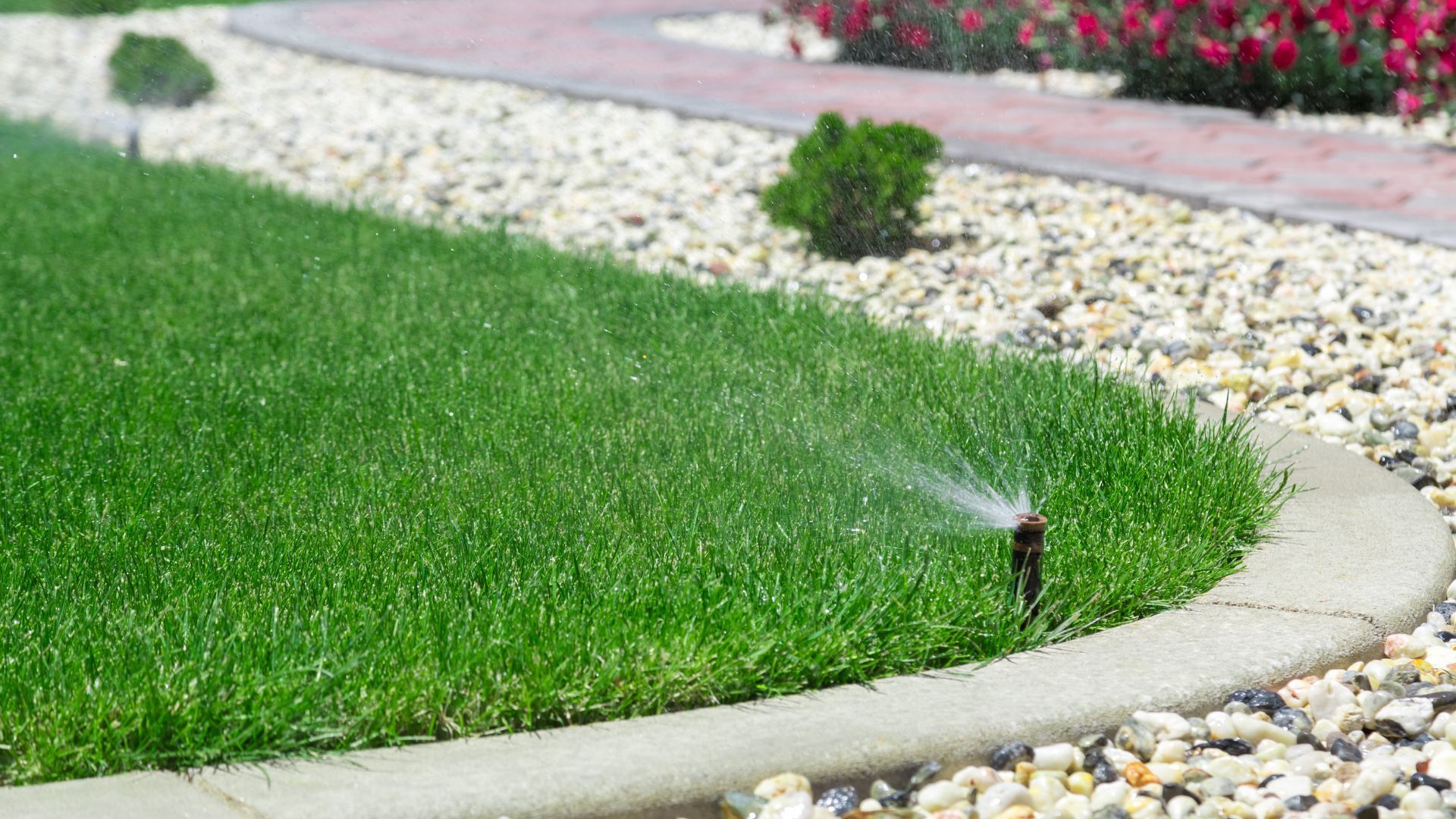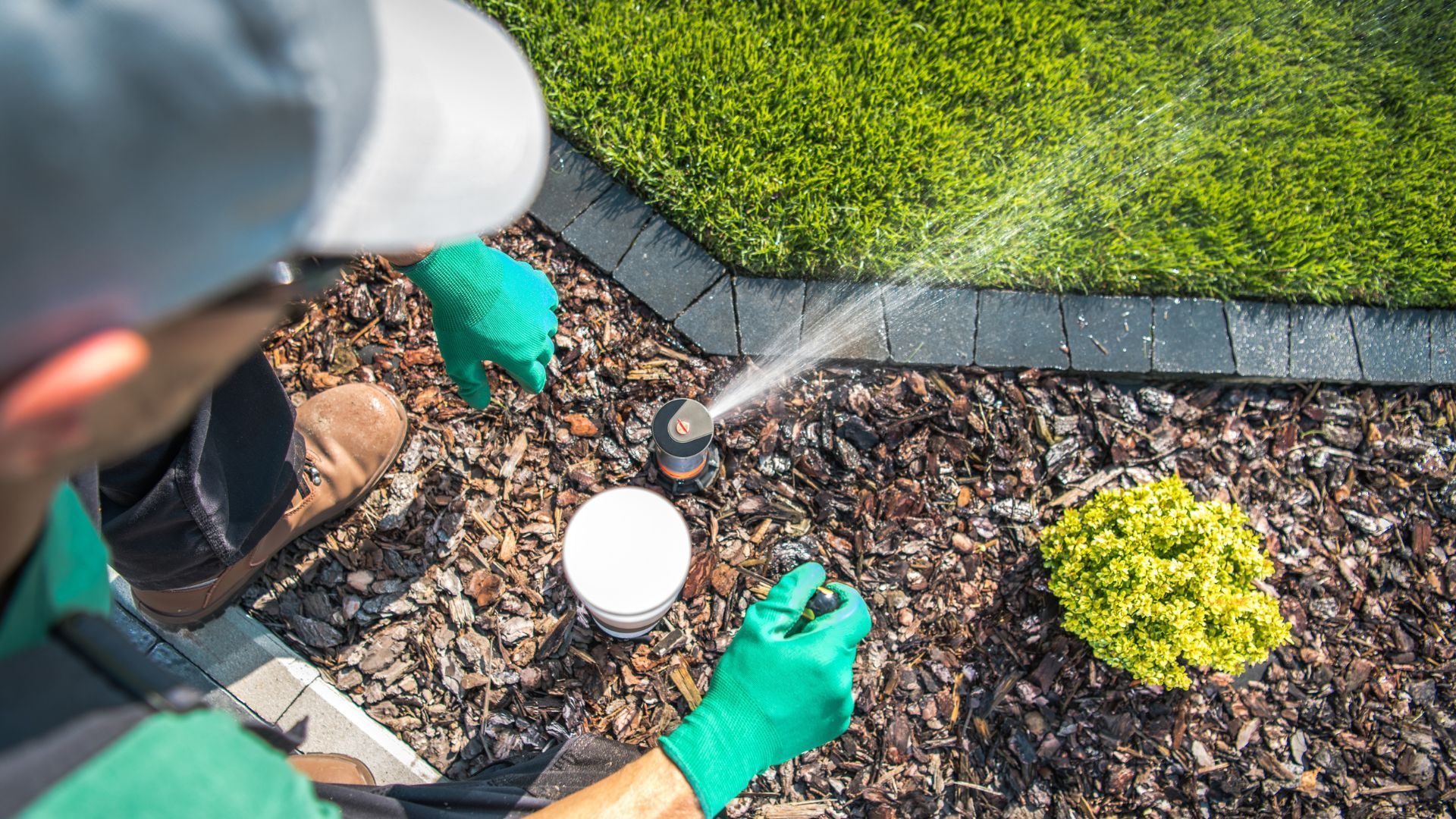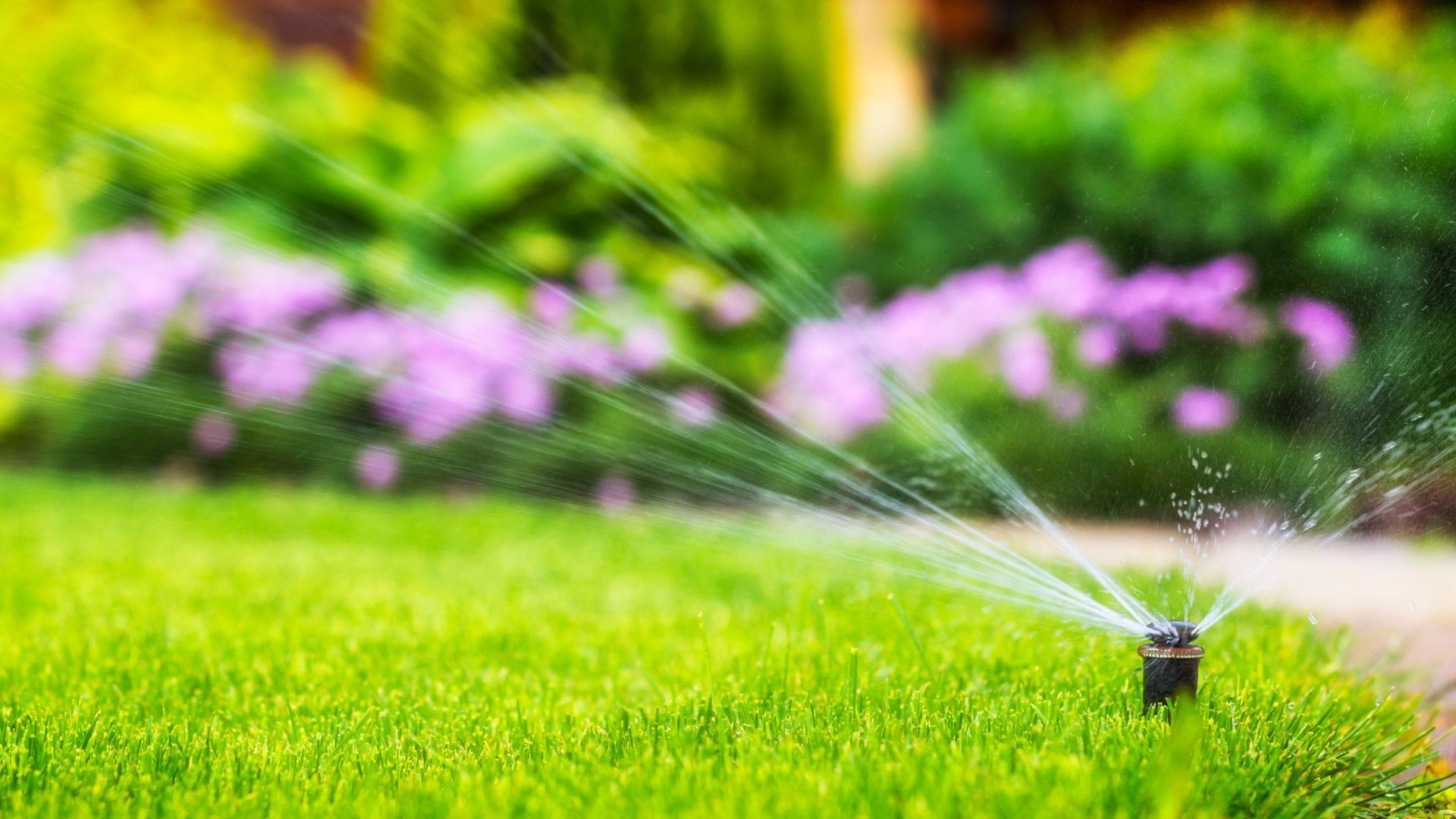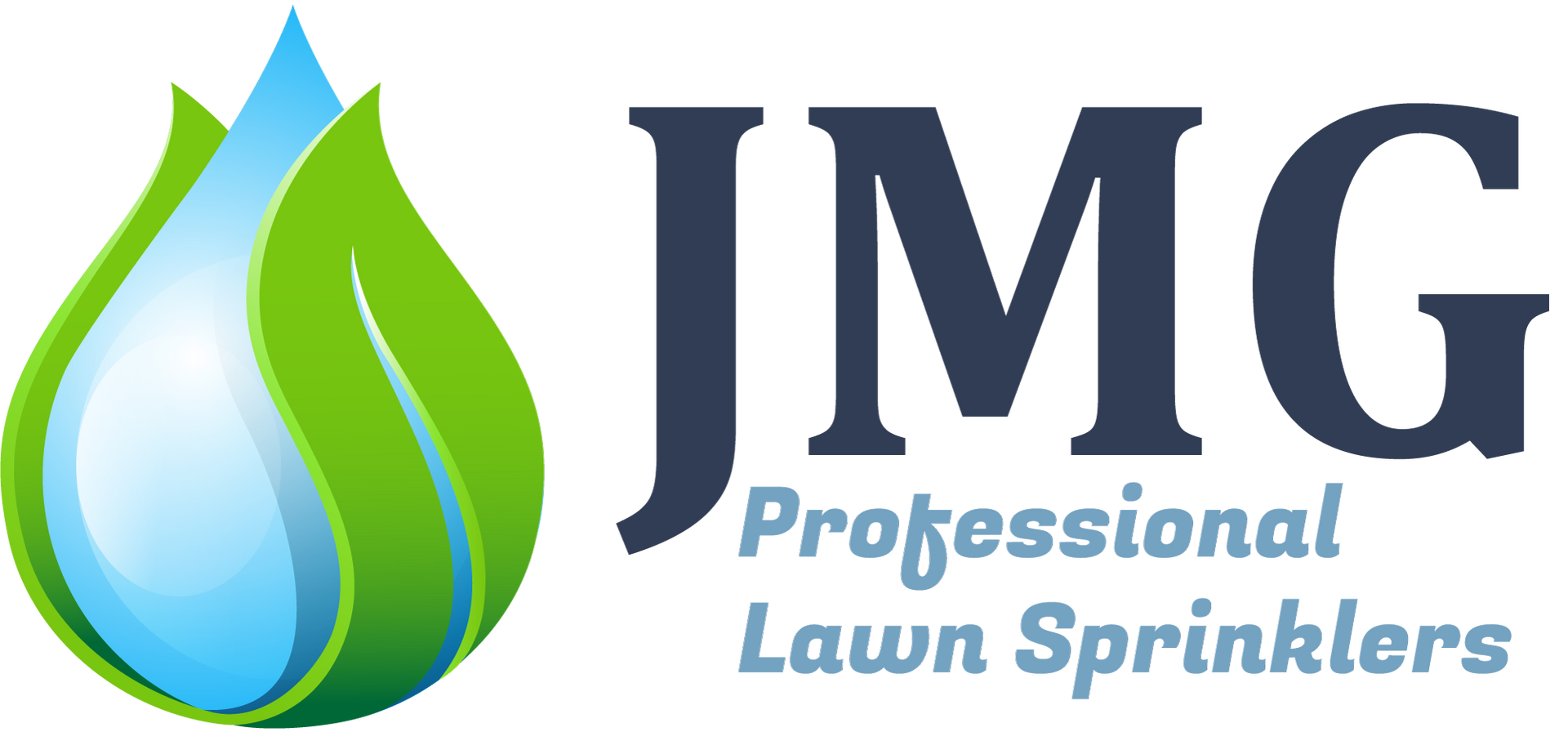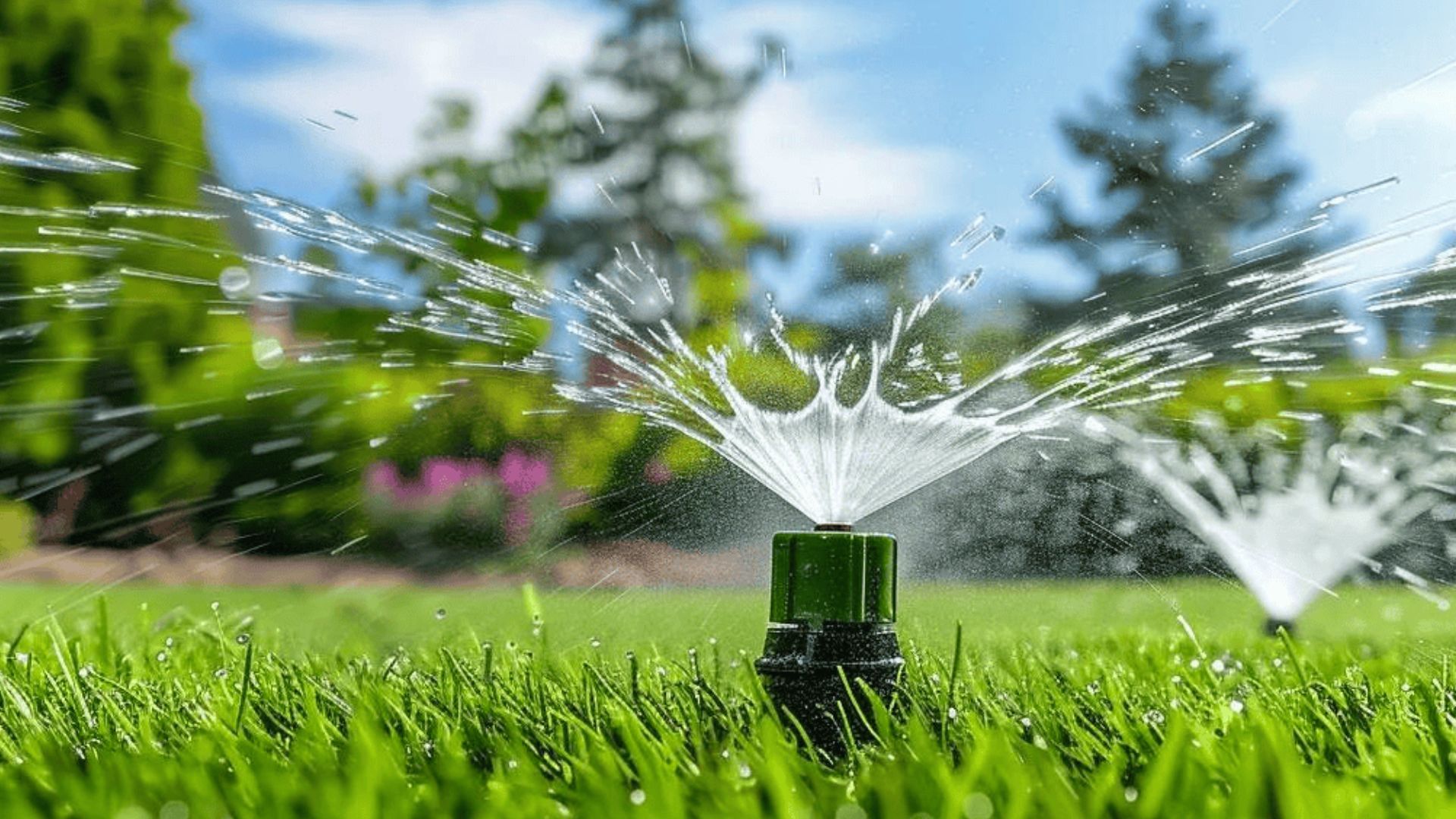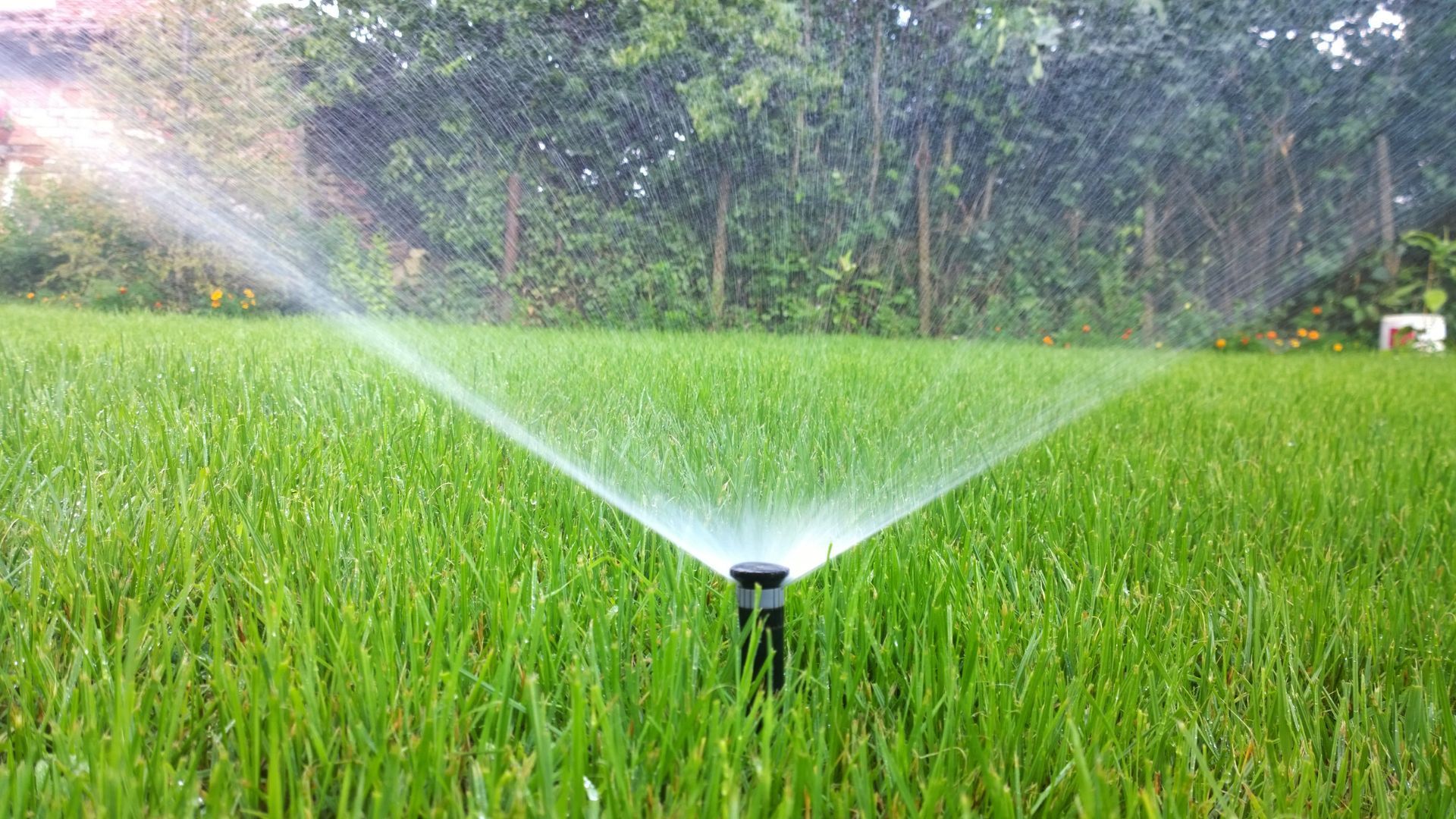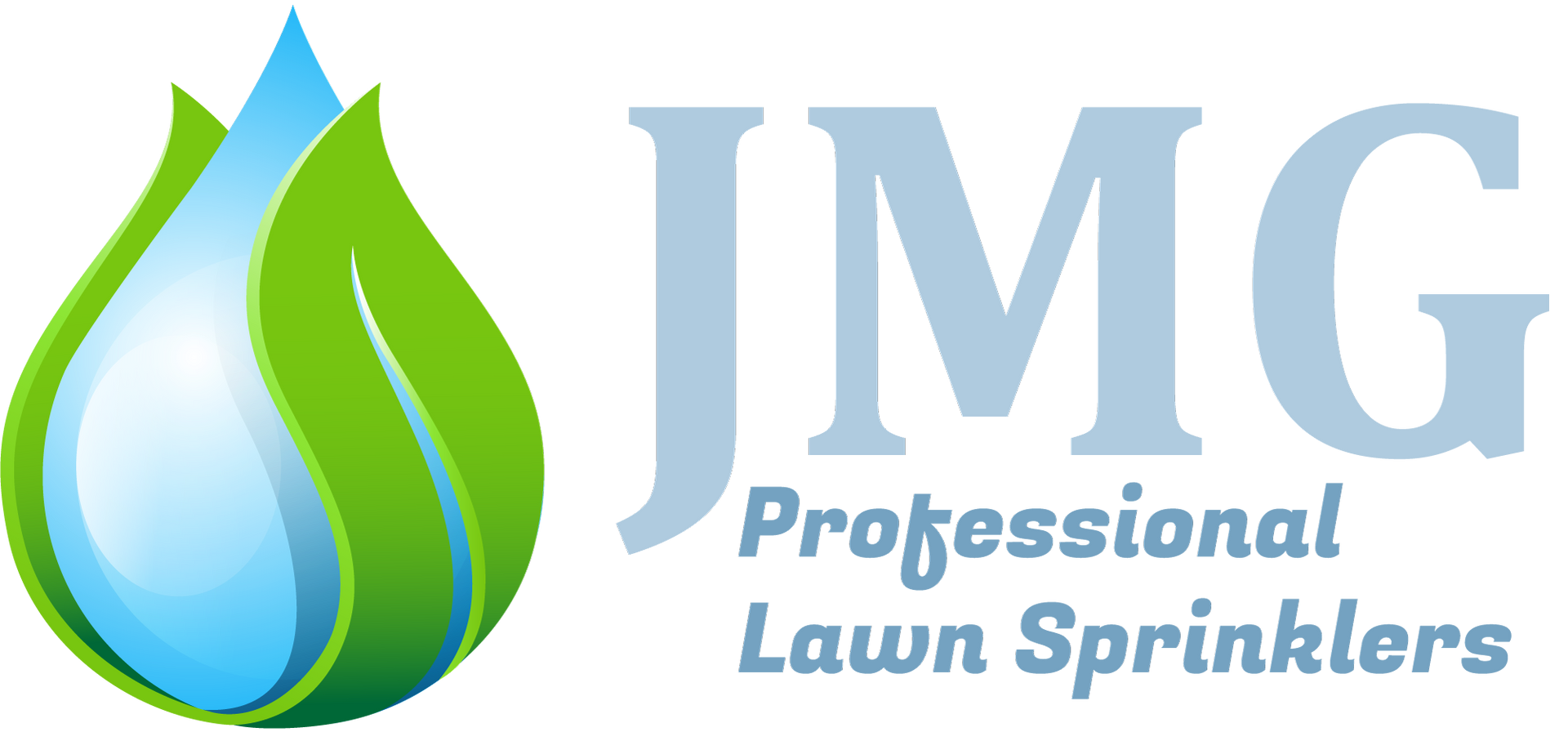Understanding Rhode Island's Average Costs for Sprinkler System Repairs_ A Comprehensive Guide
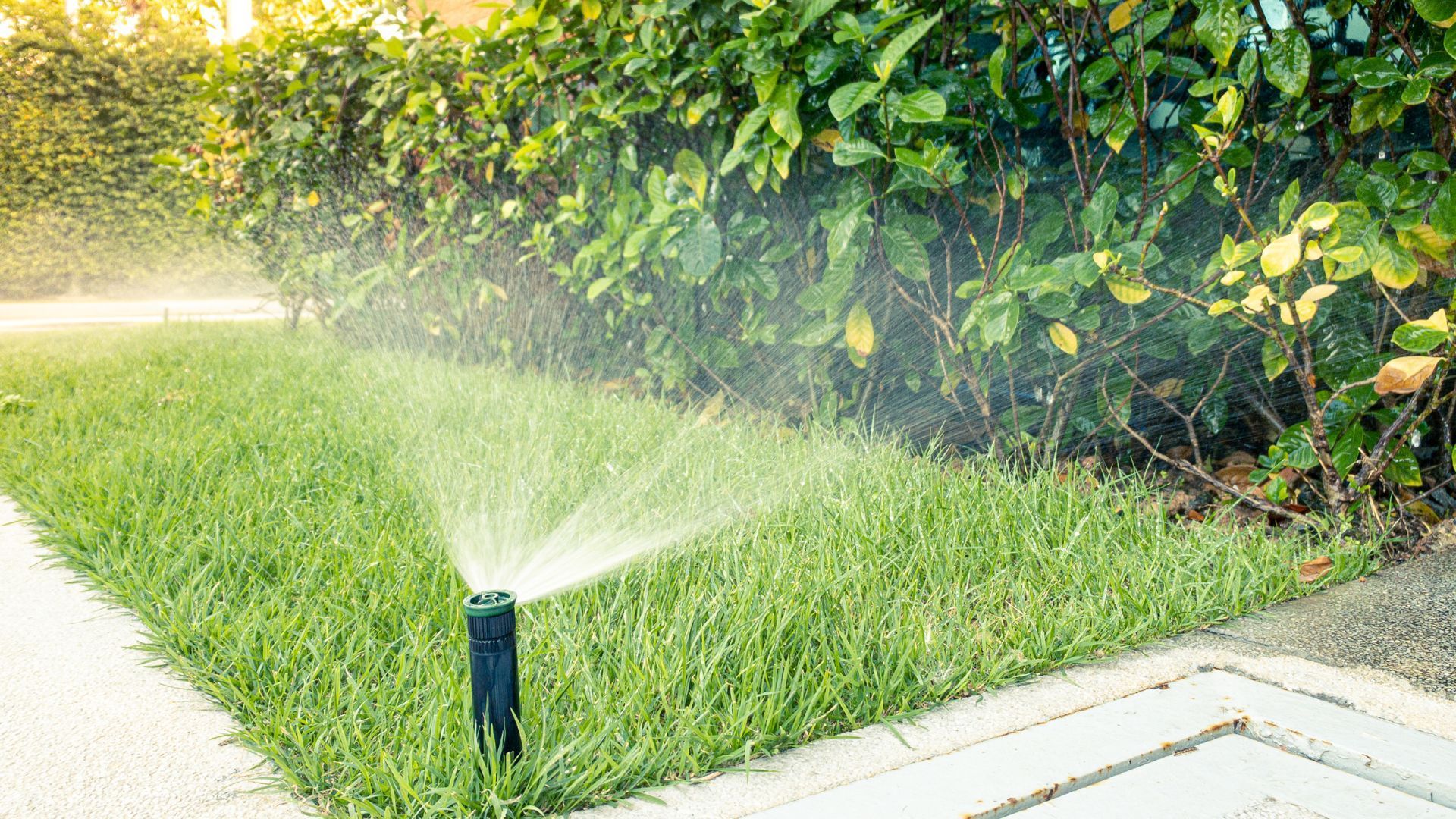
Is your sprinkler system in need of repair, but you're unsure about the costs involved in Rhode Island? This guide breaks down typical expenses, factors affecting your repair bill, and offers tips for saving money. Readers will gain valuable insights into specific repair costs, helping them make informed decisions and budgets. By addressing common concerns, this content aims to ease your worries about unexpected expenses and provide clarity on the repair process. Understanding these costs can lead to better planning and more effective maintenance of your sprinkler system.
Typical Sprinkler Repair Expenses Encountered in Rhode Island
The typical expenses associated with sprinkler repairs in Rhode Island can vary significantly based on several factors. Average hourly rates for sprinkler technicians and common service call fees will be addressed, providing insight into upfront costs. Price ranges for frequent sprinkler system fixes, alongside how emergency repairs can influence overall service prices, will also be explored. Understanding these elements helps residents effectively manage their irrigation systems, ensuring efficiency while minimizing risks.
Average Hourly Rates for Sprinkler Technicians in RI
In Rhode Island, the average hourly rates for sprinkler technicians typically range from $50 to $100, depending on the complexity of the service required and the technician's experience. Much like financial accounting measures the costs of different services, understanding these rates enables homeowners to budget effectively for sprinkler system maintenance and repairs. For instance, residents on Aquidneck Island may find that local market conditions can influence these rates, affecting costs for sprinkler system fixes, while emergency repairs often come at a premium, reflecting the need for immediate service.
Common Service Call Fees for Rhode Island Sprinkler Professionals
In Rhode Island, service call fees for sprinkler professionals typically range from $75 to $150, largely influenced by the local cost of living and the specific needs of the property. Homeowners may find that these fees cover the initial inspection and diagnostics, which are crucial for identifying issues like wastewater leaks or inefficiencies in sewage treatment systems that affect the lawn's health. Understanding these service call fees helps property owners budget for necessary repairs, ensuring their irrigation systems function effectively and protect their landscapes from potential damage.
Price Ranges for Frequent Sprinkler System Fixes
The price ranges for frequent sprinkler system fixes in Rhode Island typically vary based on the specific issue and the complexity of the repair. Common repairs might cost homeowners between $100 to $300, depending on factors such as the type of sprinkler system and the average water usage in gallons. For instance, adjustments to nozzles or repair of leaks can be straightforward, while more complex issues involving sewage or extensive pipe work may necessitate more comprehensive care, potentially increasing costs. Understanding these typical expenses assists residents in budgeting and anticipating necessary repairs, thereby maintaining an efficient irrigation system.
How Emergency Repairs Affect Sprinkler Service Costs in RI
Emergency repairs for sprinkler systems in Rhode Island often lead to increased costs due to the urgent nature of the services provided. When a leak occurs or a valve malfunctions, quick response is essential to prevent damage such as flooding, which can harm both the landscape and foundation of a property. The United States Environmental Protection Agency emphasizes the importance of addressing such issues promptly, as delay can exacerbate problems and lead to higher repair expenses in the long run.
Factors Determining Your Sprinkler System Repair Bill in Rhode Island
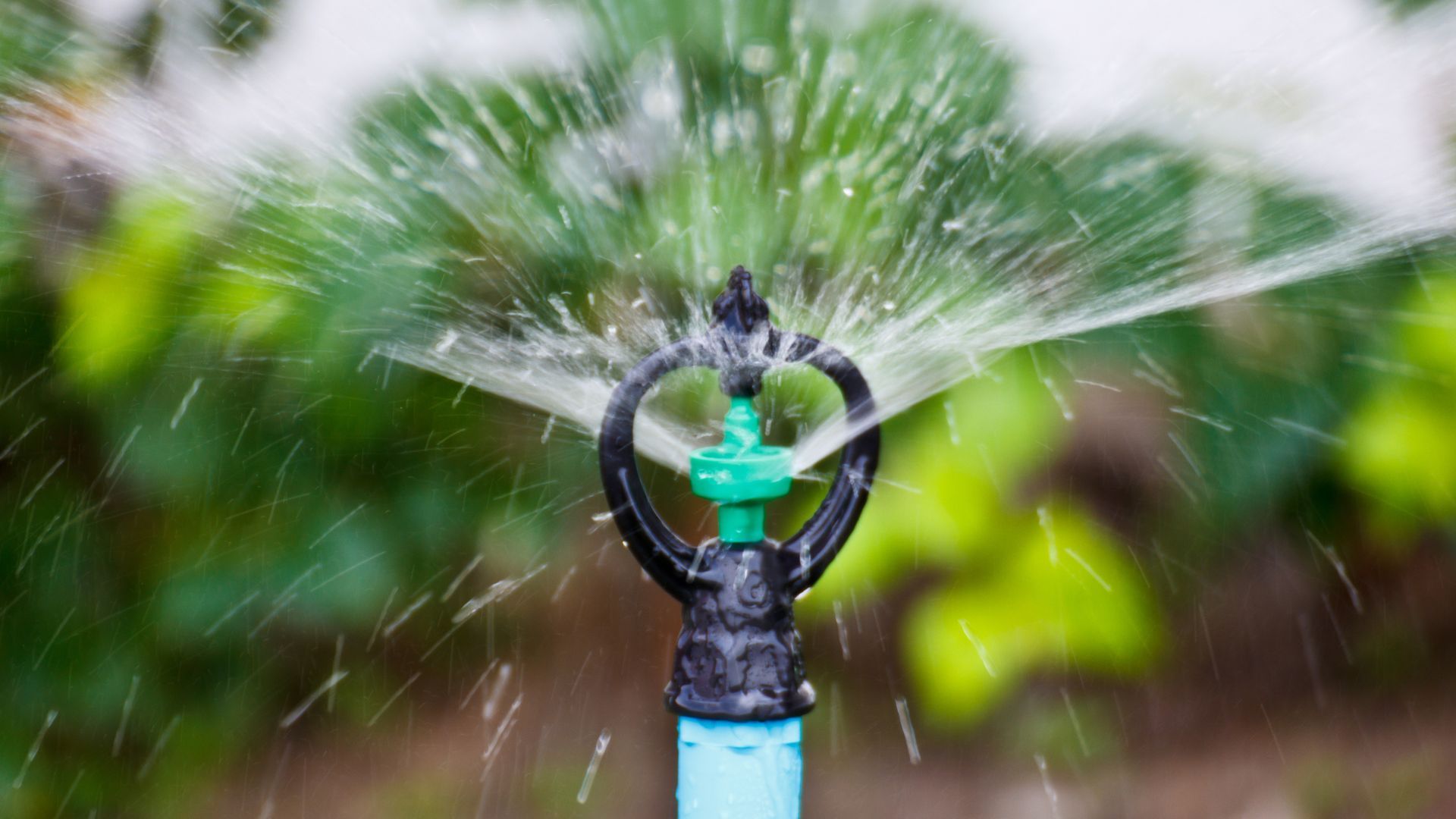
The cost of sprinkler system repairs in Rhode Island varies based on several key factors. The type of sprinkler system problem—such as issues related to backflow or sewage—plays a critical role. Additionally, the extent of the damage and the complexity of required repairs will impact costs. Variations in parts and materials prices, along with geographic location within Rhode Island, can also lead to differences in repair bills. Homeowners should consider the benefits of professional services versus DIY fixes when assessing their specific situation.
The Type of Sprinkler System Problem Needing Attention
The type of sprinkler system problem that requires attention significantly influences repair costs in Rhode Island. Common issues include broken heads, faulty timers, and damaged pipes, each demanding different levels of expertise and resources. For example, a simple valve replacement may be less expensive compared to addressing extensive leak repairs, which can lead to both higher material costs and labor hours. Understanding these variations helps homeowners prioritize maintenance and select appropriate professional services for their irrigation needs.
Extent of Damage and Required Repair Complexity
The extent of damage within a sprinkler system in Rhode Island plays a crucial role in determining repair costs. Minor issues, such as a broken sprinkler head, can often be resolved quickly and affordably, typically requiring limited labor and parts. In contrast, more serious problems, like significant pipe leaks or electrical malfunctions, demand specialized skills and can lead to elevated expenses due to the necessary comprehensive repairs and longer service time. Homeowners should assess the impact of the damage on their system's functionality to prioritize repairs and engage professionals effectively.
Cost Variations for Sprinkler Parts and Materials
The cost variations for sprinkler parts and materials in Rhode Island can significantly influence repair bills. Prices may differ based on the quality and type of components, such as valves, pipes, or spray heads. For example, sourcing durable materials may result in higher upfront costs but can lead to long-term savings by reducing the frequency of repairs. Homeowners should consider these factors when planning maintenance to ensure their sprinkler systems remain efficient and reliable.
Geographic Location Within Rhode Island and Its Price Impact
Geographic location plays a significant role in determining sprinkler system repair costs in Rhode Island. Urban areas, such as Providence, might see higher labor rates due to increased demand for services and higher living costs compared to rural regions. Understanding these local market conditions allows homeowners to anticipate costs better and seek quotes from multiple providers, ensuring they receive competitive pricing for sprinkler system repairs.
Assessing DIY Fixes Versus Professional Sprinkler Services
Homeowners in Rhode Island often face the decision of tackling sprinkler system repairs themselves or hiring professional services. While DIY fixes may seem cost-effective initially, they can lead to complications if the repairs require specialized skills or tools. Engaging professionals typically ensures timely and efficient solutions, particularly for complex issues, ultimately saving both time and potential future expenses associated with improper repairs.
Cost Breakdown for Specific Sprinkler Repairs in Rhode Island

This section provides a clear cost breakdown for specific sprinkler repairs commonly encountered in Rhode Island. It will explore price estimates for replacing damaged sprinkler heads, fixing leaking pipes, and the costs associated with sprinkler valve replacement or repair. Additionally, it will address potential expenses related to issues with controllers or timers, as well as diagnosing and repairing water pressure problems. Understanding these costs helps homeowners plan effectively for maintaining their irrigation systems.
Replacing Damaged Sprinkler Heads Price Estimates
Replacing damaged sprinkler heads in Rhode Island typically costs homeowners between $15 and $50 per head, depending on the type and brand of sprinkler used. Engaging a professional for this repair not only ensures proper installation but also provides peace of mind that the new components will operate effectively within the existing system. For instance, opting for more durable models may incur a higher upfront cost, yet these can lead to better performance and reduced maintenance needs over time, ultimately benefiting the homeowner.
Fixing Leaking Sprinkler Pipes Cost Expectations
Fixing leaking sprinkler pipes in Rhode Island usually incurs costs that range from $150 to $500, depending on the severity of the leak and the complexity of the repair. Homeowners facing issues may require advanced inspections to identify underlying problems, which can contribute to higher expenses. Engaging a professional for these repairs ensures that potential complications are addressed promptly, mitigating any risk of further damage to the irrigation system and the surrounding landscape.
Sprinkler Valve Replacement or Repair Pricing
The pricing for sprinkler valve replacement or repair in Rhode Island typically ranges from $150 to $400, depending on the type and complexity of the valve issue. Homeowners often encounter problems with valves due to wear and tear or improper installation, which can lead to inefficient water use and increased water bills. Engaging a qualified technician not only ensures the repair is conducted correctly but also helps prevent future issues, fostering a more reliable irrigation system.
Addressing Issues With Sprinkler Controllers or Timers
Addressing issues with sprinkler controllers or timers in Rhode Island typically involves costs ranging from $75 to $200, depending on the extent of the problem and the type of controller in use. Homeowners often encounter difficulties such as faulty programming or electrical failures, which can disrupt the irrigation schedule and lead to either overwatering or underwatering. Engaging a professional technician can provide the necessary expertise to diagnose and resolve these issues swiftly, ensuring that the irrigation system operates efficiently and protects the landscape from potential damage.
Water Pressure Problem Diagnosis and Repair Costs
Diagnosing and repairing water pressure problems in sprinkler systems in Rhode Island typically costs homeowners between $100 and $300. Issues such as low water pressure can result from leaks, blockages, or malfunctioning components, necessitating thorough inspections. Engaging a knowledgeable technician for this service ensures that water pressure is restored efficiently, provides reliable irrigation for the property, and prevents further complications that could arise from untreated issues.
Comparing Professional Sprinkler Repair Quotes in Rhode Island
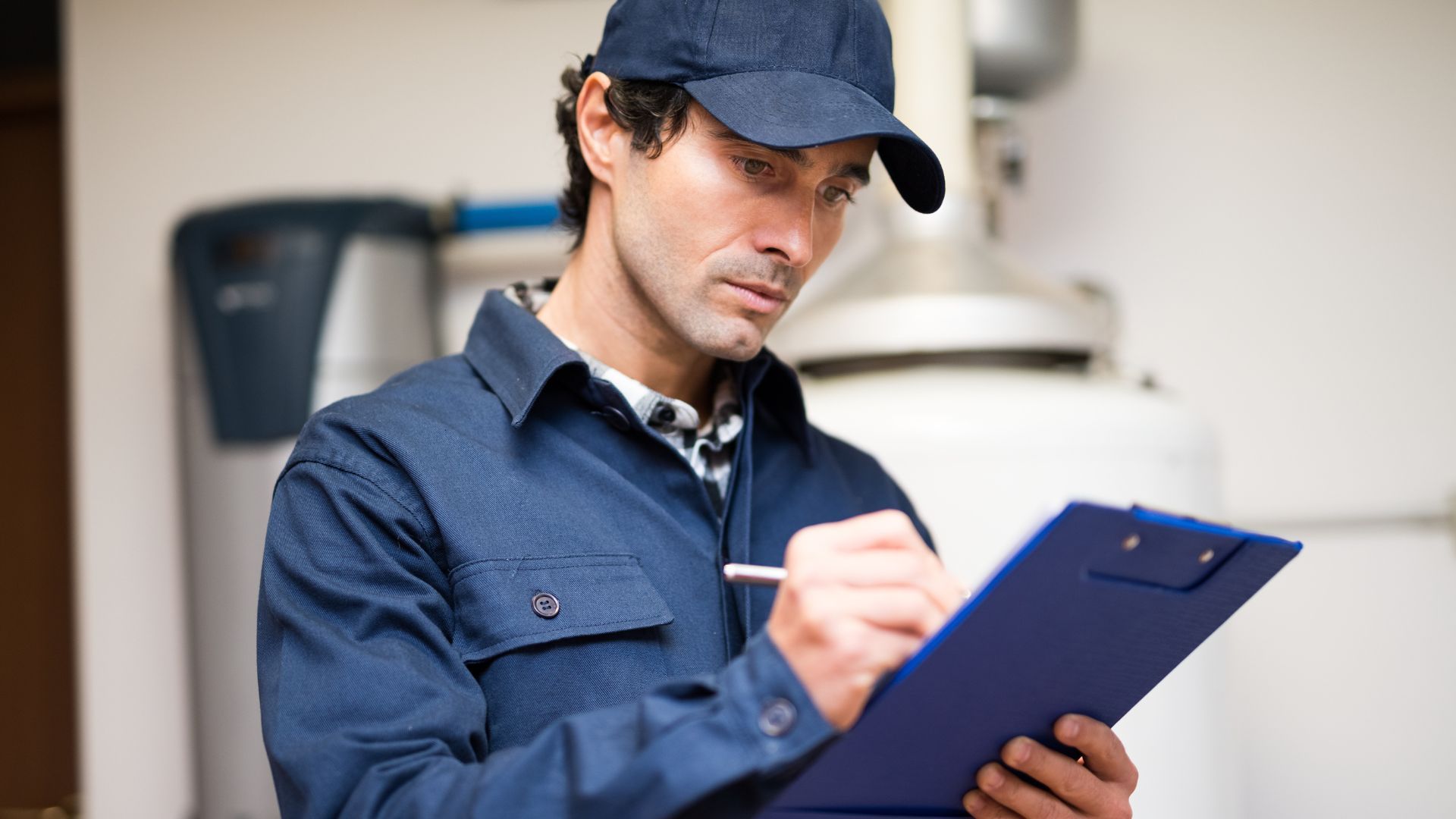
Obtaining multiple estimates from Rhode Island sprinkler companies is essential for homeowners looking to make informed decisions. Key questions to pose to potential services include inquiries about their experience and warranty policies. Understanding what a detailed repair quote contains ensures clarity in pricing. Additionally, recognizing warning signs in sprinkler repair estimates can help avoid unexpected costs and unreliable services.
Obtaining Multiple Estimates From RI Sprinkler Companies
Obtaining multiple estimates from sprinkler companies in Rhode Island enables homeowners to make informed decisions regarding repair costs. When reaching out to various providers, it is essential to compare not only the price but also the services included in each quote. This approach helps identify reputable professionals while ensuring that the homeowner receives the best value for their sprinkler system repairs.
Questions to Pose to Potential Sprinkler Repair Services
When seeking sprinkler repair services in Rhode Island, homeowners should ask critical questions to ensure they receive quality work. Inquiries about the technician's experience with specific sprinkler systems and their familiarity with local regulations can provide valuable insight. Additionally, understanding warranty policies on parts and labor can protect homeowners from unexpected costs associated with future repairs.
Understanding What a Detailed Repair Quote Contains
When comparing professional sprinkler repair quotes, homeowners must understand what a detailed repair quote contains. A comprehensive quote typically outlines the costs for labor, parts, and any additional fees, ensuring transparency in the pricing process. By examining these elements closely, property owners can gauge the value of the services being offered and avoid unexpected charges that may arise during the repair process.
Identifying Warning Signs in Sprinkler Repair Estimates
Homeowners should be vigilant when reviewing sprinkler repair estimates for any potential warning signs. For instance, estimates that lack detailed breakdowns of labor and material costs may indicate a lack of transparency, leaving property owners vulnerable to hidden fees. Additionally, quotes that seem significantly lower than industry standards may suggest subpar service or the possibility of unexpected costs arising during repairs, making it essential for homeowners to compare multiple estimates to ensure they are making an informed decision.
Saving Money on Rhode Island Sprinkler System Repairs

Regular sprinkler maintenance plays a vital role in reducing costs associated with repairs. Homeowners can conduct simple checks independently to spot minor issues before they escalate into costly problems. Addressing these small concerns quickly can help avoid larger expenses. Additionally, understanding sprinkler system warranties and seeking potential rebates for water-efficient systems in Rhode Island can offer further savings. Each of these strategies will be explored in greater detail to assist homeowners in managing their irrigation systems effectively.
The Role of Regular Sprinkler Maintenance in Cost Reduction
Regular sprinkler maintenance is a key factor in reducing repair costs for homeowners in Rhode Island. By conducting routine inspections and addressing minor issues promptly, property owners can prevent more significant problems that can lead to costly repairs down the line. Simple tasks, such as cleaning filters, adjusting sprinkler heads, and checking for leaks, can extend the life of the system and improve its efficiency, ensuring a well-functioning irrigation system while minimizing unexpected expenses.
Performing Simple Sprinkler Checks Independently
Performing simple sprinkler checks independently can help homeowners in Rhode Island save money on repairs by catching minor issues before they become costly problems. Regularly inspecting sprinkler heads for clogs, ensuring proper alignment, and checking for leaks in pipes can significantly enhance system efficiency. By being proactive and addressing any discrepancies early, residents can maintain their irrigation systems effectively while reducing the chances of unexpected repair expenses.
Promptly Addressing Minor Sprinkler Issues Prevents Larger Expenses
Promptly addressing minor sprinkler issues is essential for homeowners in Rhode Island to prevent larger expenses down the line. Simple problems, like a clogged nozzle or a minor leak, can quickly escalate into significant repairs if left unattended. By regularly inspecting the system and taking action on small concerns, property owners can ensure their irrigation systems operate efficiently, reducing the risk of costly repairs and protecting their landscapes from potential damage.
Understanding Sprinkler System Warranties and Coverage
Understanding sprinkler system warranties and coverage is crucial for homeowners in Rhode Island looking to save on repair costs. Most warranties cover specific parts and labor associated with repairs, potentially shielding residents from unexpected expenses. Homeowners should carefully review the terms of their warranties to determine what issues are included and consider how these protections can influence their long-term maintenance strategy, allowing for more cost-effective management of their irrigation systems.
Potential Rebates for Water-Efficient Systems in RI
Residents of Rhode Island can benefit from potential rebates for upgrading to water-efficient sprinkler systems. Various local programs and utility companies offer financial incentives to encourage the installation of systems that conserve water, ultimately reducing irrigation costs. Homeowners are advised to explore these rebate opportunities, as they can significantly offset initial expenses, leading to long-term savings on both water bills and maintenance costs, while promoting responsible water usage in the community.
Rhode Island Specific Considerations for Sprinkler Repair Costs

The climate in Rhode Island significantly impacts sprinkler system wear, leading to various unique challenges for property owners. Local water regulations also influence repair needs and costs. Common issues, such as leaks and broken components, are frequently encountered across properties. Additionally, the timing of repairs throughout the seasons can affect pricing, with strategic planning helping homeowners manage expenses effectively.
Impact of Rhode Island's Climate on Sprinkler System Wear
The climate in Rhode Island, characterized by cold winters and hot, humid summers, significantly affects the wear and tear on sprinkler systems. Frequent freeze-thaw cycles can lead to cracks in pipes, while summer heat may cause components to warp or degrade. Homeowners should remain vigilant for signs of wear, especially after seasonal shifts, as these climate-related challenges can escalate into costly repairs if not addressed promptly.
Local Water Regulations Affecting Sprinkler Repairs
Local water regulations in Rhode Island play a significant role in shaping sprinkler repair costs. These regulations are designed to promote water conservation and ensure sustainable usage, often requiring homeowners to comply with specific guidelines during repairs or installations. Understanding these regulations can help homeowners anticipate potential costs associated with necessary adjustments to existing systems and ensure that their sprinkler setups meet state water conservation standards.
Common Sprinkler System Issues Found Across Rhode Island Properties
Common sprinkler system issues found across Rhode Island properties often include broken sprinkler heads, faulty timers, and leaks in pipes. These problems can arise due to environmental factors, such as freeze-thaw cycles during winter or wear from extreme summer temperatures. Homeowners should be proactive in addressing these issues to maintain an efficient irrigation system and prevent costly repairs, ensuring that their landscapes remain healthy and well-watered.
Seasonal Timing for Sprinkler Repairs and Potential Cost Effects
In Rhode Island, the timing of sprinkler repairs can significantly influence costs due to seasonal demand and weather-related challenges. Spring and summer often see higher service rates as homeowners prepare their systems for active use, while winter may present lower rates but potentially more urgent repair needs caused by freeze-related damage. Understanding these seasonal variations allows homeowners to plan maintenance strategically, addressing minor issues promptly to avoid costly repairs later, particularly during peak seasons when technicians may be booked and prices rise.
Understanding Rhode Island's average costs for sprinkler system repairs is essential for homeowners to manage their irrigation investments effectively. By being aware of typical expenses, such as technician rates and service call fees, residents can budget wisely and address issues before they escalate. Knowledge of common repair costs empowers homeowners to make informed decisions, potentially saving money in the long run. Emphasizing proactive maintenance and seeking multiple estimates equips property owners with the insights needed to ensure their systems function efficiently and reliably.
